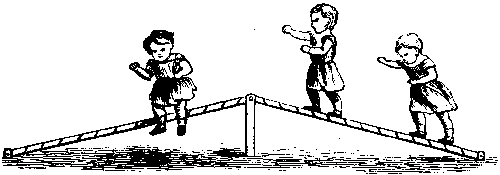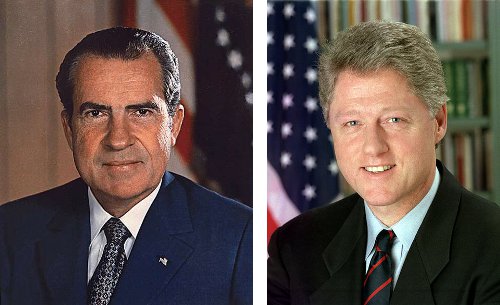Court transcript quoted by Rodney Jones in Disorderly Conduct: Verbatim Excerpts From Actual Cases, 1987:
The Court: I got the Quadrophenia, but then he said somebody played in it, and I didn’t get that.
Prosecutor: The Who.
The Court: The what?
Witness: Musicians.
Prosecutor: The Who.
Witness: The Who.
The Court: Who?
Witness: The Who. That’s the name of the band.
The Court: So that’s the name of the group, the Who?
Witness: Yes, the Who.
The Court: Not the What? The Who?
Witness: No, the Who.
The Court: You got it, everybody? The Quadrophenia is a movie with the Who.
Witness: Punk rockers.
The Court: All right.



